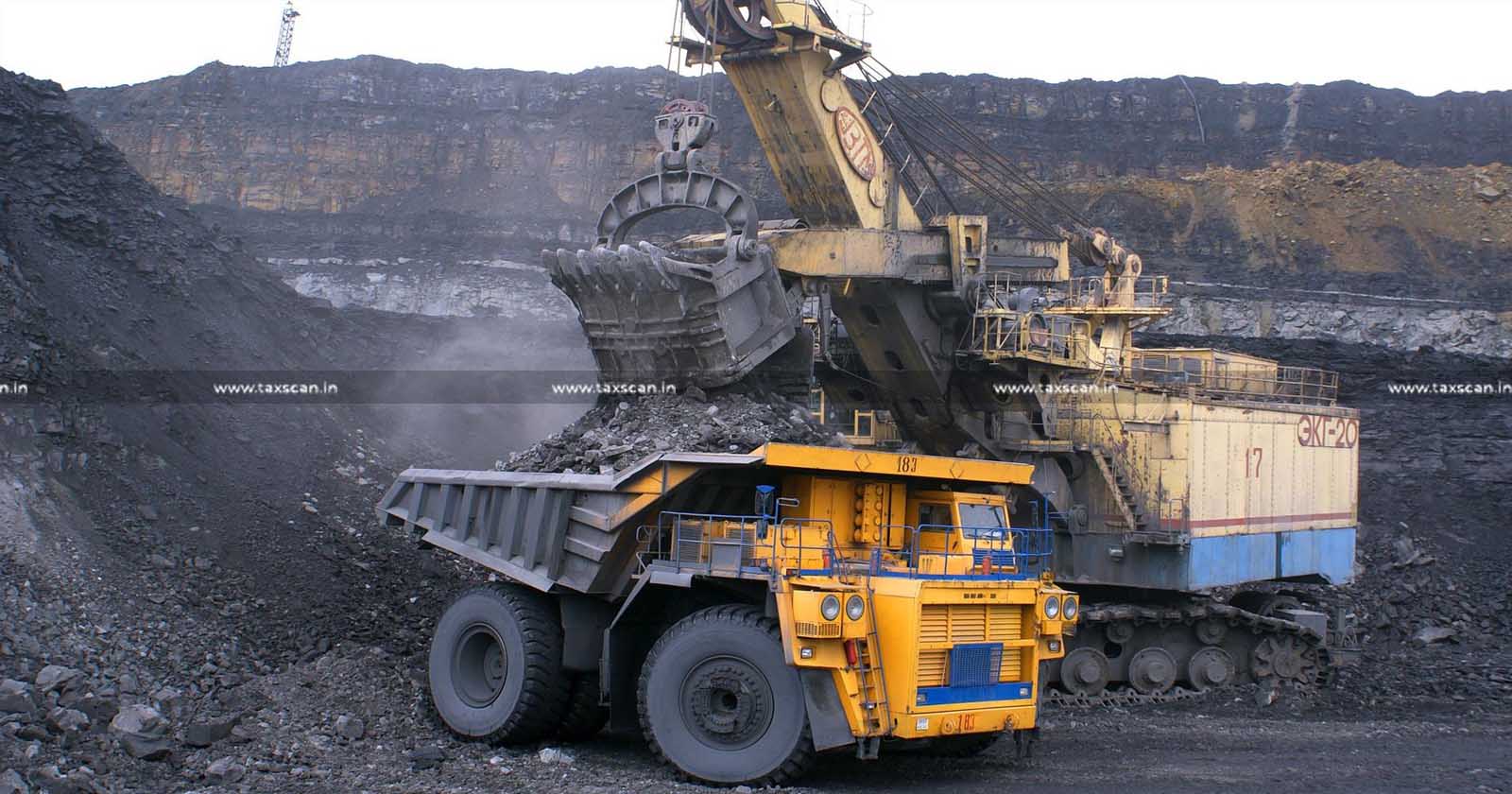Tax Nature of Royalty Collections on Mining Leases: 9-Judge Supreme Court Constitution Bench starts Hearing
Constitution Bench commences Hearing to Decide whether Royalty Collected on Mining Leases amount to Tax

Supreme Court – Supreme Court Constitution Bench – Taxation on mining lease – Mining lease taxation – taxscan
Supreme Court – Supreme Court Constitution Bench – Taxation on mining lease – Mining lease taxation – taxscan
A 9-judge Constitution Bench of the Supreme Court, led by CJI DY Chandrachud, initiated hearings on February 27 regarding the taxation of mineral-bearing lands.
The focal point of the proceedings is the scrutiny of the nature and extent of royalty under Section 9 of the Mines and Minerals ( Development and Regulation ) Act, 1957, and whether it qualifies as a form of taxation.
The bench comprises Justices Hrishikesh Roy, Abhay Oka, BV Nagarathna, JB Pardiwala, Manoj Misra, Ujjal Bhuyan, SC Sharma, and AG Masih. The case revolves around challenges to the Bihar Coal Mining Area Development Authority ( Amendment ) Act, 1992, which imposed additional cess and taxes on land revenue from mineral-bearing lands.
Established in 2011 by a three-judge bench due to conflicting decisions, the 9-judge bench is addressing fundamental questions raised by Senior Advocate Rakesh Dwivedi, representing Jharkhand. Dwivedi is exploring the nature of royalty, its categorization as a tax, and the scope of constitutional entries.
During the proceedings, Dwivedi highlighted a seemingly contradictory statement in paragraph 34 of the Kesoram Industries case, asserting that the court's stance on royalty as a tax lacked coherence with preceding paragraphs, causing confusion. Dwivedi argued that the term "limitation" in Entry 50 List II implies restricting the power to tax, not transferring it to Parliament.
He emphasized that the authority to tax minerals resides with state governments, with Parliament possessing regulatory power to set constraints. Dwivedi contested arguments suggesting the exclusion of Entry 50 by the MMDR Act and Entry 54 List I, asserting that the exclusive power of the state under Entry 50 cannot be overridden.
The bench is actively delving into intricate issues related to the taxation of mineral-bearing lands and the interplay of constitutional entries. The case involves a meticulous examination of conflicting judgments and seeks to bring clarity to the nature of royalty and its implications for taxation.
Support our journalism by subscribing to Taxscan premium. Follow us on Telegram for quick updates


